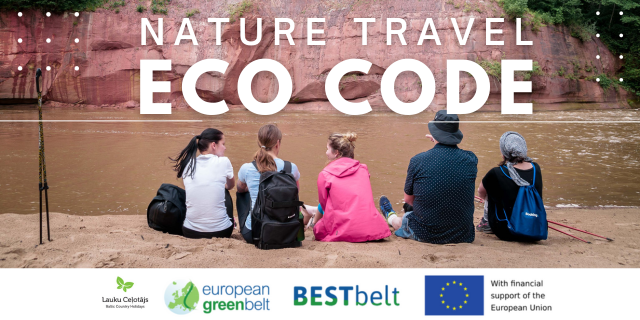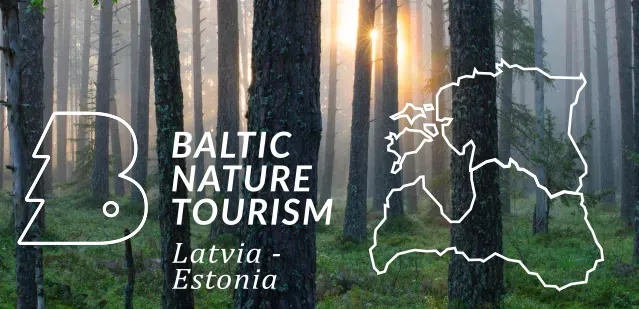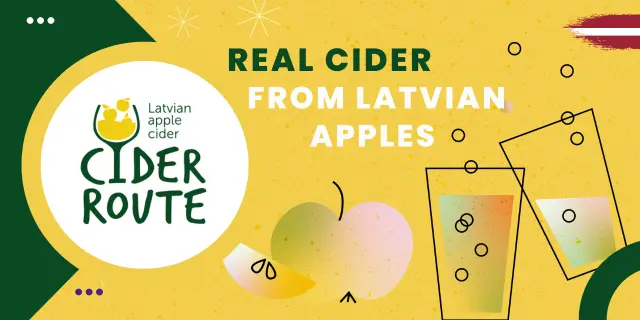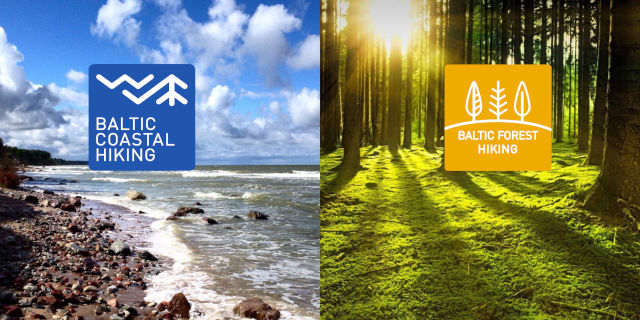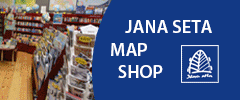Workshop programme
| March 23, 2011 | ||
|
|
||
| Open workshops (Working language is English). |
||
| The workshops will discuss the progress and results of projects and organizations described below. The projects address issues of nature protection in the context of rural development, their progress and results are relevant and of interest to large audience apart from the project partnership. Workshops are open to general public as parallel discussion sessions. The participants can freely move between rooms. However, for organisation purposes, please register for a particular workshop you would join first. |
||
| 1st workshop: The Benefits of Protected Areas |
||
| 2nd workshop: Tourism as a Part of the EU Strategy for the BSR |
||
| 3rd workshop: “Dimensions of sustainability in tourism at the Green Belt: nature protection, mobility and beyond” |
||
|
|
||
1st workshop: The Benefits of Protected Areas |
||
| 09:00 - 13:00 Scope: A joint workshop of the project Parks&Benefits (http://www.parksandbenefits.net) and EUROPARC Nordic-Baltic Section (http://europarc-nb.org), chaired by Olaf Ostermann, project leader, Germany |
||
| 09:00 - 10:00 |
How to measure carrying capacity in 8 protected areas of the Baltic Sea Region – results of a comparative analysis Jesper Brandt, Roskilde University, Denmark |
|
| 10:00 – 10:40 |
How to measure carrying capacity in protected areas as a tool for managing visitor flows Martin Kaiser, Muritz National Park, Germany & Klaas v. Ommeren, Dovrefjell National Park, Norway |
|
| 10:40 – 11:00 |
Coffee break |
|
| 11:00 – 13:00 | Benefit Monitor – Measuring economic and social benefits of tourism in protected areas. Method & Outcomes Prof. Wilhelm Steingrube, University of Greifswald, Germany |
|
| 13:00 – 14:00 |
Lunch |
|
| 14:00 – 16:00 Internal workshop with the Parks & Benefits project partners and the EUROPARC Nordic-Baltic Section Members: |
||
| 14:00 – 15:00 |
The Charter goes Baltic (European Charter for Sustainable Tourism http://www.european-charter.org/home/ )
|
|
| 15:00 – 16:00 |
Coffee and discussion on establishment a Baltic Sea Platform for Charter parks |
|
| 16:30 |
Departure to Kemeri National Park |
|
| 19:00 |
Dinner |
|
|
|
||
2nd workshop: 9:00 – 13:00 Tourism as a Part of the EU Strategy for the BSR |
||
| Scope: With this workshop, the lead partners of the tourism related flagship projects in the EU Strategy for the Baltic Sea Region present their projects and related work. http://www.baltic-sea-strategy-tourism.eu |
||
| 09:00 - 11:00 Steps towards a common Baltic Sea Region. Chaired by Greifswald University http://www.agora2-tourism.net/ | ||
| 09:00 - 09:15 |
FP 12.10 – Strategies for sustainable tourism in the Baltic Sea Region. Betina Meliss, University of Greifswald, Institute of Geography, Germany |
|
| 09:15 - 09:50 |
What do we have in common in the whole Baltic Sea Region? Prof. Wilhem Steingrube, University of Greifswald, Institute of Geography, Germany |
|
| 09:50 - 10:25 |
Branding the Baltic Sea Region. Marcus Andersson, Baltic Development Forum, Denmark |
|
| 10:25 - 11:00 |
The Six Baltic Sea Wonders. Prof. Przemyslaw Kulawczuk, Gdansk University, Poland |
|
| 11:00 |
Coffee break |
|
| 11.30 – 13:00 Rural and heritage tourism in the EU-Strategy for the Baltic Sea Region. Chaired by the lead partners of the flagship projects on “Rural and coastal tourism” (FP 12.7) and “Cultural heritage and natural landscapes” (FP 12.9) |
||
| With regard to rural and cultural heritage tourism, essential questions will be dealt with during the workshop: How to attract tourists to rural and coastal areas in the BSR? How to create a competitive offer based on environmental and cultural recourses? How to promote sustainable joint tourism packages that possibly relate to e.g. farm, food, hiking, winter sports, nature and cultural heritage based tourism? What do customers expect and find today when they travel to rural areas? Chaired by the lead partners of the flagship projects on “Rural and coastal tourism” (FP 12.7) and “Cultural heritage and natural landscapes” (FP 12.9), practitioners will report on their experiences, followed by a discussion with the participants on what can be deduced as general answers as to the aforementioned questions. Furthermore, the next steps to be taken in the two flagship projects shall be discussed. |
||
| 11:30 - 11:40 |
FP 12,7 Attract tourists to rural, especially, coastal areas, coordinator Paivi Oliva, Turku Touring, Southwest Finland Tourist & Convention Bureau and 12,9 “Cultural heritage and natural landscapes”, coordinator Krystyna Hartenberger-Pater, Pomorskie Tourist Board, Poland |
|
| 11:40 - 12:00 |
Case 1 (good practice within rural - nature tourism) |
|
| Meeting the market expectations in rural tourism - what we can learn from customer surveys (Eurogites Rural tourism quality survey, 2009-2010, 3487 respondents from 55 countries). Asnate Ziemele, President, Latvian Country Tourism Association |
||
| 12:00 - 12:15 |
Case 2 (good practice within culture tourism) |
|
| The Monitoring Group on cultural heritage of the Baltic Sea States 2010. Alfredas Jomantas, Chairperson, Department of Cultural Heritage under the Ministry of Culture, Lithuania |
||
| 12:15 - 13:00 |
Brainstorming: How to attract tourists to rural and coastal areas in the BSR? How to create a competitive offer based on environmental and cultural recourses? How to promote sustainable joint tourism packages that possibly relate to e.g. farm, food, hiking, winter sports, nature and cultural heritage based tourism. Intro into the brainstorming by coordinator Krystyna Hartenberger-Pater, Pomorskie Tourist Board, Poland. |
|
| 13:00 |
Lunch |
|
|
|
||
3rd workshop: 9:00 – 13:00 “Dimensions of sustainability in tourism at the Green Belt: nature protection, mobility and beyond” |
||
| Projects MobEE and “Baltic Green Belt”, http://www.balticgreenbelt.uni-kiel.de/ , chaired by the lead partner. This workshop is meant to generate a common understanding of how sustainable tourism at the Green Belt should be defined, which aspects should be included and which standards it should follow. Based on practical examples presented, the participants will discuss good and bad practice as well as future options for the development of sustainable tourism with a focus on the area along the former Iron Curtain, nowadays perceived as the European Green Belt. |
||
| Moderation: Wolfgang Gunther (N.I.T.) and Stefanie Maack (Kiel University) |
||
| 9:00 – 9:20 |
Defining Sustainable Tourism - Outline on current approaches to catch a slippery eel Wolfgang Gunther, N.I.T., Kiel, Germany |
|
| 9:20 – 9:40 |
Combining nature protection and tourism - examples from the inner German Green Belt Melanie Kreutz, BUND - Project office of the Central European Green Belt, Nuernberg, Germany |
|
| 9:40 – 10:00 |
Sustainable Tourism in Kaliningrad Region Anna Belova, Immanuel Kant State University, Kaliningrad, Russia |
|
| 10:00 - 11:00 |
Moderated discussion |
|
| 11:00 |
Coffee break |
|
| 11:30 – 11:50 |
Examples of low-energy mobility in touristic areas Stefan Gossling, Lund University, Lund, Sweden |
|
| 11:50 - 12:10 |
Sometimes things go wrong - bad practice in nature tourism Alois Lang, Nationalpark Neusiedler See/ Ferto Hansag |
|
| 12:10 – 13:00 |
moderated discussion |
|
| 13:00 |
Lunch |
|
| 14:00 - 17:30 | Internal Workshop. Restricted to invited Baltic Green Belt partners | |
| 15:30 - 16:00 | Coffee break | |
|
|
||
Tweet

